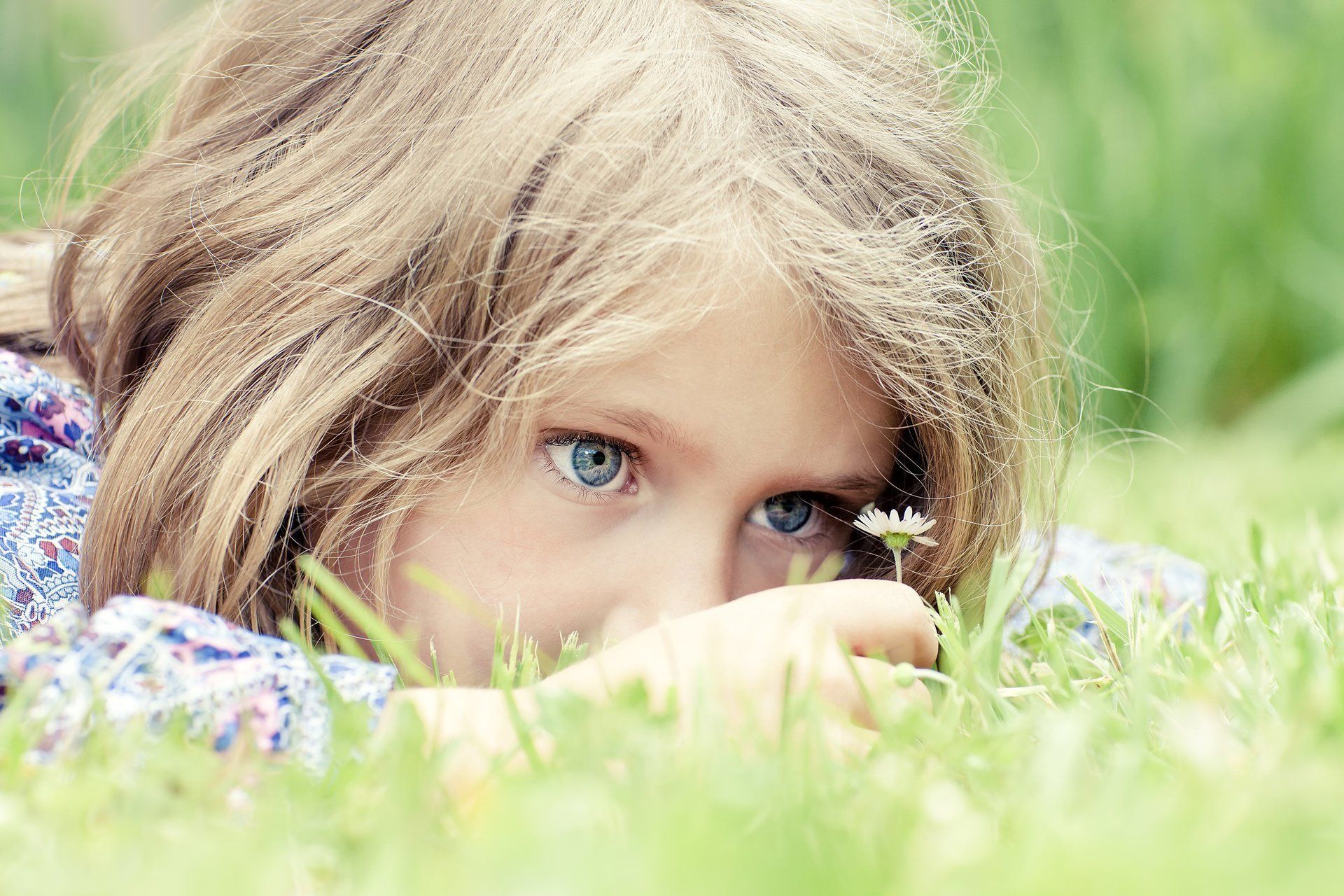Take care to take care of your emotional-self*
*And teach your children the same
Self-care is something which we sometimes neglect and accordingly, we have to deal with disruptive emotions because of it. A healthy parent, with healthy emotional regulation skills and the ability to take care of themselves and their own personal development, is one of the greatest things we can be for our children.
Self-care requires you to make deliberate choices toward taking the time to make sure you are physically and emotionally healthy.
Self-care tips for parents:
- Be excited again. Many psychologists suggest that numerous challenging or dreaded tasks can be made lighter by simply convincing yourself to be more excited about the tasks at hand and life in general;
- Encourage yourself to be joyful along the way to success, despite the small failures you will encounter along the way;
- Celebrate not just the big accomplishments in life, but also the minor ones.
- Remember to take a break once in a while and that you are never too old for any kind of fun.
Teaching your children emotional self-care
- Toddlers are capable of doing many things on their own, although they may sometimes still wish for help. It is important to give them more responsibility in relation to self-care and helping them discover that self-care also involves emotional care.
- Make sure your child knows that you care about every single aspect of their lives and that they should too.
- Discuss with your child certain emotional pains that he suffered up to date and ask how he feels about it today. E.g. “Do you remember the day you fell from your bicycle while you were still learning how to ride it? - tell me more about how you felt – what do you feel whenever you remember it?”
- Encourage your child to assist you when making a list of shopping which needs to be done, to make sure all the self-care products he/she will need is listed;
- Instead of always buying sweets/toys for your child, ask them to think of a self-care product which they can use instead and which you can buy for them;
- Spend time talking at the end of each week, about the feelings your child felt during the week and what they can do to make sure that they experience more positive emotions more regularly.
Show empathy, approve feelings and give support
Whenever you are in doubt of how to react to something your child did, empathize. Your acceptance and empathy play a big role in helping your child accept his/her emotions, which in turn allows your child to resolve his/her feelings and move on. Empathy from a parent can teach a child that emotional life is not dangerous or shameful and that it is in fact manageable and universal. It is important for your child to know that he/she is not alone, and empathy reassures them that they are not.
Never shame a child when they get hurt and never try and distract them from their feelings. Make time for your child to tell or show you what happened and give them time to process what happened to them. It is not acceptable to say things to a child such as “that it just a little scratch it cannot hurt that bad” or “big boys never cry.”
Never disapprove of your child feeling things such as fear or anger – it will not stop them from having such feelings – it may lead to a child repressing these feelings. Feelings which has been repressed doesn’t just fade away, they are stuck and looking for a way out. Due to the fact that these feelings are not under conscious control anymore, they tend to surface unmodulated in ways such as when a preschooler hits his sister, a seven-year-old gets nightmares or a ten-year-old develops a nervous tic.
Allow your child to make use of their own emotional self-knowledge. Respect your child’s feelings about others. If your child feels uncomfortable around other people or doesn’t want to hug a certain person – teach your child to shake that person’s hand – never force them to do something which is emotionally uncomfortable for them. If there is a certain child your child does not want to play with – let your child express the reason for this, help your child to problem solve and accept their reasons.
Affirm your child’s ability to trust his/her own feelings. It is important for a child to make their own decisions with regards to relationships, from an early age.
When all is said and done, remember the old saying: “ an empty lantern provides no light. Self-care is the fuel that allows your light to shine brightly.
" – Unknown.
If you want your child to become part of the EQ4Kids Programme, Contact usto find a franchise near you.
Share Post
Complete the following form if you require more info about EQ4kids or want to enroll your child at your nearest Franchise.
Blog Enquiry










